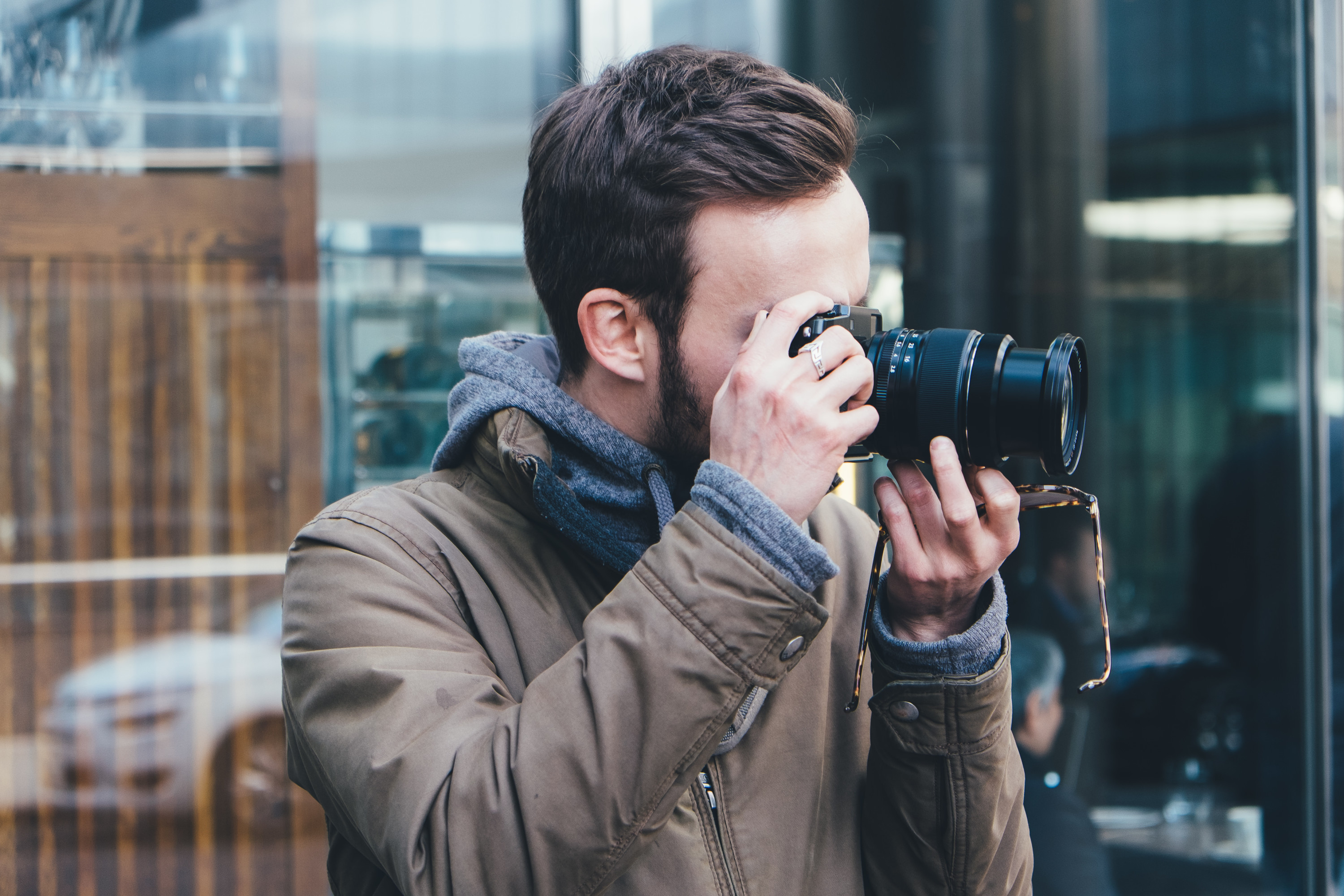Como fotógrafos profesionales -y estamos hablando del negocio del arte, no del arte en sí- hay algunos elementos del sector que no siempre reconocemos. Es más fácil creer los mitos que nos ayudan a dormir por la noche que las verdades que, en última instancia, impulsarán nuestras carreras.
Algunos fotógrafos se niegan a reconocer la importancia del talento, desde saber cuándo gastar dinero en un equipo fotográfico caro hasta reconocer la importancia del talento. Sin embargo, cuando aprendes a aceptar las verdades incómodas sobre la fotografía, puedes utilizarlas en tu beneficio.
Aquí tienes cinco cosas que debes saber sobre ser fotógrafo:

1. El equipamiento importa (al menos un poco).
Atrás quedaron los días en que podíamos arreglárnoslas utilizando versiones antiguas de la mejor tecnología. Con talento y práctica, había trucos que podías emplear para que incluso tu cámara de menor calidad tomara imágenes de calidad.
Ahora, el campo de juego tiene dos equipos: los que pueden permitirse el equipo adecuado y los que pueden permitirse el equipo realmente bonito. Aunque es cierto que una cámara profesional no significará nada en manos de alguien que no sepa utilizarla, competir por los clientes con otros fotógrafos de talento que tienen mejor equipo que tú puede ser una batalla perdida.
Esto es especialmente cierto, y por desgracia, para los fotógrafos que aún están estudiando o que están empezando un nuevo negocio. En tiempos de dificultades económicas, comprar el mejor equipo no siempre es factible. Esto puede ser frustrante, pero no te mientas a ti mismo. Tu vieja cámara no es lo mismo que una nueva.

2. Photoshop no siempre es tu amigo.
Aunque es cierto que Photoshop, y la edición de imágenes en general, es una necesidad en el campo de la fotografía, es muy fácil abusar de él o aprovecharse de él. Cuando las imágenes de todo el mundo empiezan a tener el mismo aspecto -por no decir a estar sobreeditadas-, tenemos un problema. No es aceptable en el fotoperiodismo, ¿por qué debería serlo en la fotografía de cualquier tipo?

3. A veces, no se trata de talento.
Internet y las redes sociales han hecho posible que todo el mundo sea fotógrafo aficionado. Cuando la cámara de nuestro iPhone 6 dispara fotos que son (posiblemente) tan buenas como las de un objetivo profesional, mucha gente se emplea a sí misma o a sus amigos para fotografiar sus días y ocasiones especiales. Para el ojo inexperto, estas fotos son suficientemente buenas.
Muchas de estas personas crearán sitios web y empresas y se asegurarán clientes que no saben nada mejor. No harán ningún intento de mejorar porque el dinero seguirá entrando.
Por desgracia, en el negocio de la fotografía se trata de lo que quiere el cliente. A menudo, tus clientes no distinguirán la alta calidad de la baja, especialmente en el caso de la fotografía de bodas o retratos. Sigue fotografiando tu visión y creando las imágenes que deseas para ti, pero debes saber que no siempre será lo que buscan tus clientes. No siempre te gustará lo que busca tu cliente.

4. La fotografía es más fácil de lo que te gustaría admitir.
Hay muchos fotógrafos excelentes que llevan años practicando su oficio y perfeccionando sus habilidades. Pueden hacer realidad cualquier imagen o visión soñada. Tienen tanto talento como habilidad.
Por otra parte, el rápido avance de la tecnología significa que casi cualquiera puede aprender todo lo que hay que saber sobre fotografía en un par de meses. ¿Cómo puede el fotógrafo moderno distinguirse en un grupo de talentos aparentemente interminable?
Sé bueno. Realmente bueno. Practica, ten grandes ideas y nunca te vendas barato.

5. Tienes que adoptar la tecnología.
El rápido avance de la tecnología es especialmente evidente cuando se trata de cámaras y equipos. Como ocurre con todo lo demás en nuestras ajetreadas vidas -teléfonos, ordenadores, iPods-, cada año sale una versión más nueva, mejor y más rápida. Aunque sin duda puedes conseguir un par de años más de vida de tus viejos productos, tienes que estar preparado para cambiarlos, y tal vez perder algo de dinero, ya que los equipos más antiguos pierden considerablemente su valor de reventa, para mejorar los resultados.
Esta industria está en constante movimiento. Los equipos no hacen más que mejorar, y vamos a seguir viendo innovación y emoción en el mundo de la fotografía. Tenemos que estar dispuestos a aceptar la cara cambiante de la fotografía si queremos mantenernos a la vanguardia.












